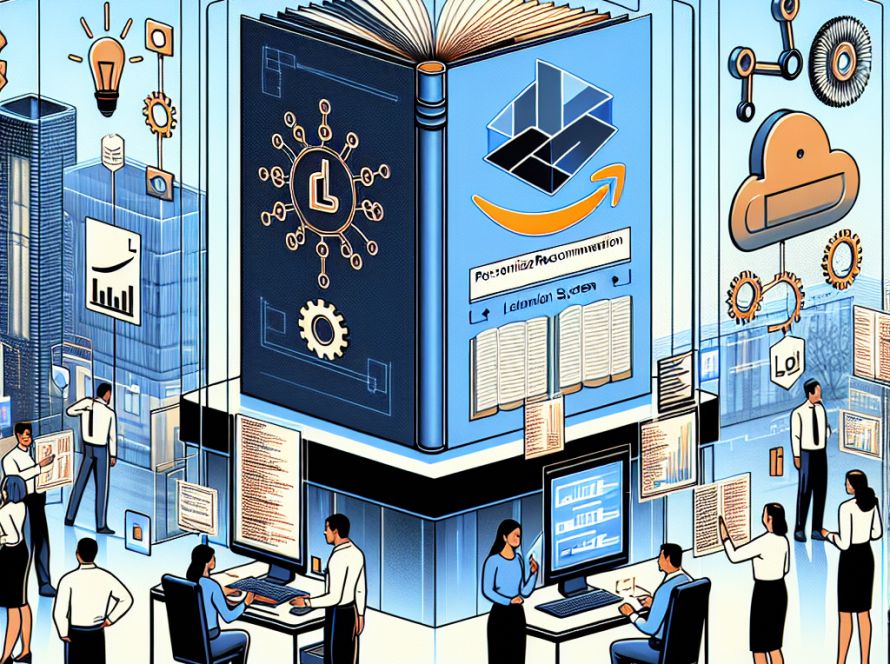The International Monetary Fund (IMF) has warned in a new report that artificial intelligence could cause massive job losses, increase inequality, and destabilize societies if governments do not take proactive steps. While AI’s impact on blue-collar and lower-skilled jobs has been significant, the IMF suggests that the rise of generative AI could also threaten higher-skilled and white-collar jobs. This assumes that AI’s ability to generate human-like text, images, and code could make many cognitive tasks performed by professionals obsolete and lead to a widespread loss of jobs.
Addressing this potential outcome, the IMF recommends several measures to mitigate the effect of AI on labour markets. Policymakers are urged to revamp educational and training systems to equip workers with the necessary skills for an AI-driven economy. The report also calls for greater emphasis on lifelong learning, with investments in sector-based training, apprenticeships, and reskilling programs to help workers transition to new tasks and industries.
Furthermore, the IMF calls for strengthened social safety nets, including unemployment insurance, to support those facing job losses due to AI disruption. This is in line with recent findings from MIT suggesting that “AI job displacement will be substantial, but also gradual”, allowing for policy and retraining strategies to mitigate unemployment impact.
The IMF’s report also delves into the issue of how significant AI advancements could potentially concentrate wealth in the hands of a few dominant companies. As these firms increase their access to large data quantities and computing power, the resulting “winner takes all” markets could exacerbate inequality and limit competition. Suggested policies to counter this include increased taxes on capital gains, profits, and corporate income, thereby ensuring the benefits of AI are evenly distributed.
As AI technology transcends borders and reshapes global economies, the IMF highlights the need for international cooperation in navigating the AI revolution. This underlines recent initiatives such as the European Union’s AI Act, the first of its kind in aiming to regulate and manage risks linked to AI technology. With its recent estimations suggesting that AI could affect nearly 40% of global jobs, the IMF’s report adds to growing research underlining the urgency of managing AI development.
Despite challenges such as job displacement, reports from Goldman Sachs and McKinsey suggest that AI could significantly boost global GDP. The rise of AI presents both high stakes and complex issues to address. As the IMF’s report suggests, the decisions made today concerning the management of AI will shape our economy and society for many years to come. As such, it is essential to ensure the theory is matched with practical, effective solutions.


